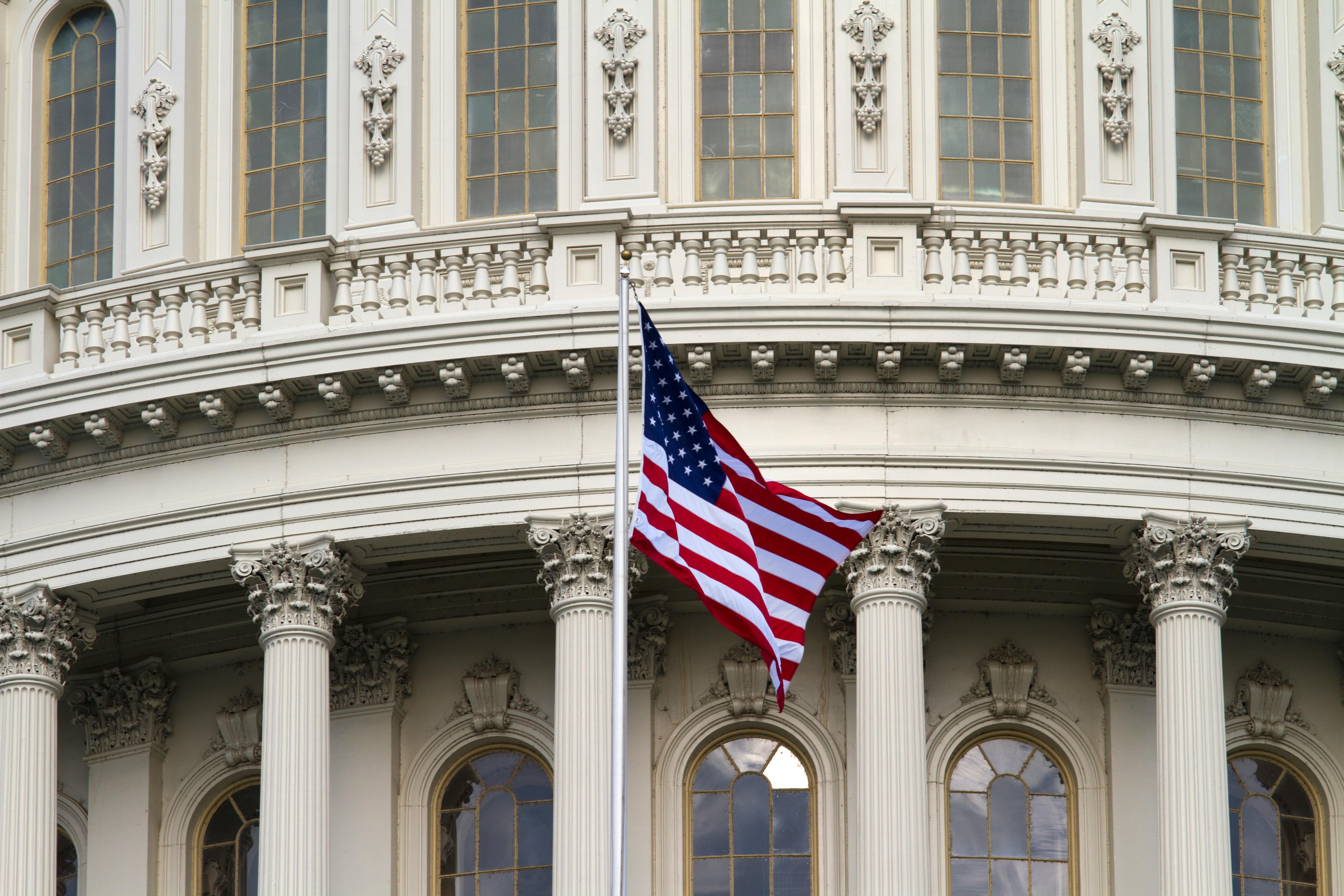
By David Trimble
While we expect the incoming Trump administration to bring about a number of salutary changes in the area of religious freedom, this fundamental right is sure to remain highly contested in 2025. Threats to parental rights and medical conscience rights, as well as, to the freedom of religious schools and universities, faith-based social service organizations, and religion-driven businesses to be faithful to their core convictions demand our resolute action. Amid these pressing challenges, it is especially fitting on this Religious Freedom Day to reflect on the true meaning and value of America’s first freedom — both what it is and what it is not.
First, religious freedom is not mere toleration of people of different religions. It is true that religious freedom commits us to tolerate the peaceful exercise of religious beliefs we believe to be false. But this limited understanding frames religious freedom as little more than passive acknowledgment and overlooks the foundation of religious freedom and its true value to society. America’s founders understood that religious freedom depends on a prior recognition of the God-given dignity of all people, and produces societal goods that lead to stable and flourishing communities. Toleration is necessary in a pluralistic society, but it is not the essence of true religious freedom.
Second, and related to the first, religious freedom does not mean that all religious truth claims are equal, or valid. Religion is the human search for truths about a greater-than-human source of being and ultimate meaning, and the ordering of one’s life in accord with those truths, individually and in community with others. All of us find ourselves in a world we did not create and often do not understand. The search for answers about the nature of our world, its ultimate source, and the purpose of our lives within it, is a feature of human life. In other words, religion is natural to being human.
Admittedly, individuals and communities around the world have come to widely different conclusions in response to religious questions. Nevertheless, religious freedom requires that we honor and protect the human search for God. And, moreover, religious freedom condemns coercion, intimidation, or manipulation as means of influencing or restricting our neighbors in that search. To be clear, error has no dignity, but human beings do, and they must be free to seek and respond to God as their conscience dictates.
Third, religious freedom does not merely protect sincerely held beliefs. Our sincerity matters, but we do not revere our religious convictions merely because they are ours. Rather, we revere them because we perceive that they properly orient us toward God, one another, and the nature of reality. This is why religious freedom encompasses both a fundamental human right and an essential human responsibility to pursue ultimate questions and to submit ourselves to what, and who, we find in that pursuit.
If each person bears responsibility to seek ultimate meaning and truth, then religion is of fundamental importance. Philosophical or ideological beliefs may be important, but they do not merit the same treatment as religious convictions. One of the reasons why the “Freedom of Religion or Belief” formulation is a poor substitute for religious freedom is that it loses sight of the distinct weightiness of religion in people’s lives that transcends other categories of belief. When any human authority restricts people of faith from expressing their devotion to God, it is an especially grave offense that finds no parallel in restrictions on other kinds of belief or action, even those held or undertaken sincerely.
Human dignity requires that all people must be free to explore life’s great questions, embrace what our conscience discerns to be true, and express that truth in private and public life. With America’s founders, we at RFI affirm that religious freedom is an inalienable right and a cornerstone of human freedom and flourishing. In 2025, we will continue to equip parents, policymakers, and faith-based leaders; educate current and future religious freedom champions; and inspire broad audiences in America and beyond to understand, defend, and exercise religious freedom in full. As we do that work, we will continue to reiterate the true meaning and value of religious freedom, in which all of our efforts must remain firmly grounded.
David K. Trimble is President of the Religious Freedom Institute.
THE RFI BLOG

Does Southeast Asia Lead the World in Human Flourishing?

RFI Leads Training Session on Religious Freedom Law and Policy for U.S. Army War College

Oral Argument in Charter School Case Highlights Unconstitutional Motives Behind OK Attorney General’s Establishment Clause Claim

Largest Longitudinal Study of Human Flourishing Ever Shows Religion’s Importance

Keys To Human Flourishing: Faith And Relationships Outweigh Wealth
CORNERSTONE FORUM

Reaffirming Religious Freedom: Bridging U.S. Advocacy and Iraq’s Constitutional Framework

Political Polarization, Same-Sex Marriage and Religious Liberty

Bridging the Gap Between International Efforts and Local Realities: Advancing Religious Freedom in the MENA Region

Challenges to Religious Freedom in Iraq and the Critical Need for Action

